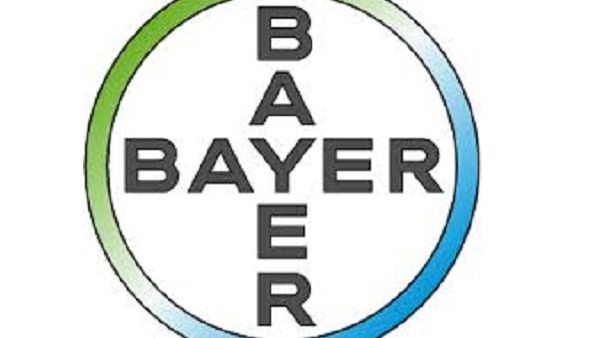Bayer Middle East Highlights Economic Model That Can Aid Pharmacists

Bayer Middle East recently held a summit in Dubai for pharmacists; STEPS: Summit and Training for Advancing Excellence in Clinical Pharmacy Systems. The summit was attended by 150 pharmacists from across the region who came together to find out more about how the clinical pharmacy landscape is changing in the Middle East.
Throughout the two day event, pharmacists discussed best pharmacy practices, the planning and the storing of medicines, with a focus on three therapeutic areas: Atrial fibrillation, Ophthalmology and Oncology.
The workshop also provided training on how pharmacists can advance their skill sets in clinical pharmacy with selected governmental hospitals in the region becoming certified by a Bournemouth University, UK to become part of the Train the Trainer program. This program gives additional training to pharmacists through dedicated and expert education courses and the training of teams to enhance their learnings and develop their skills with the right resources and materials. Further, the aim is to help pharmacists to excel in their roles as healthcare professionals in the healthcare continuum when provided with the appropriate tools and support.
Pharmacists also heard about the impact of pharmaco-economics, which is a branch of economics that uses budget impact analysis, cost-effectiveness and cost-utility analyses to compare pharmaceutical products and treatment strategies. Pharmaco-economics is important model for pharmacists and is an important aid which provides healthcare decision-makers with valuable information, allowing optimal allocation of limited resources. It is becoming increasingly vital that pharmacies are aware of the economic changes that they are faced with and how this can impact their day to day to work and to analyse the overall cost effectiveness of their strategies.
The Health Economics & Outcomes Research (HERO) model has become mandatory in the USA and Europe for any formulary product enlisting. Here in the Middle East, this is still in the initial phases of being adopted and rolled out, as governments are looking at the impact of this model on their healthcare expenditure and how it will have an overall impact to pharmacists.
Additionally, this area of pharmacy is in particular important for pharmacists who work in governmental sections as they need to learn more about how pharmaco-economics will have an impact on future changes when it comes to decision making within their pharmacy and their yearly budgets.
Mr. Hany Sabry, Country Manager Bayer Pharmaceuticals Gulf, Bayer Middle East said ‘’Bayer Middle East remains committed to supporting and training pharmacists, addressing the economic challenges the pharmacists are faced with today. Quality patient care must not be compromised while attempting to contain costs. Bayer aims to continue to support pharmacists through ongoing partnerships with pharmacists and affiliates to further train and develop their skills, so that we can achieve the best level of patient care through access to medicines, without an impact on cutting costs.’’
Today’s cost-sensitive healthcare environment has created a competitive and challenging workplace for healthcare professionals. Healthcare ministries and authorities are facing increasing healthcare budget constraints in the gulf region and so it is important that studies within cost effectiveness and budget impact are developed in order to help the Middle East countries. This is in order to plan for both short and long terms cuts in healthcare expenditure and to ensure continued care for the patients, sharing of best practices as well as the correct delivery of medication management.
Over the course of the three days, the workshops were well received by those attending with many leaving with the eagerness to find out more on how to improve their skills and how to manage the economic challenges they are faced with.
Background Information
Bayer
Bayer is a global enterprise with core competencies in the Life Science fields of health care and agriculture. Its products and services are designed to benefit people and improve their quality of life. At the same time, the Group aims to create value through innovation, growth and high earning power. Bayer is committed to the principles of sustainable development and to its social and ethical responsibilities as a corporate citizen. In fiscal 2017, the Group employed around 99,800 people and had sales of EUR 35.0 billion. Capital expenditures amounted to EUR 2.4 billion, R&D expenses to EUR 4.5 billion.






